Hashimoto’s and Thyroid Primer
Dr. Kasia Kines, Nutritionist, CEO and founder of EBV Educational Institute
Virtual clinic serving the US and globally
[email protected]
Hello, I want to talk about thyroid. I am not a medical doctor, but I find I help support thyroid testing and assessment because doctors don’t test (enough) for it. I want you to know more about it so you can have an educated conversation with your doctor. The reason I am doing this audio is that it (thyroid) is not being properly tested. If I had my way every woman would be (thoroughly) tested for thyroid. Hashimoto’s is an autoimmune disorder where thyroid is eventually slowed down. It’s an autoimmune condition; it’s a not a thyroid deficiency; it expresses the wrong communication in your immune system. Instead of attacking invaders like parasites it (immune system) affects your thyroid.
If you are mis- diagnosed (with hypothyroid instead) you continue losing the thyroid function (note: continued damage by immune system attacking the thyroid). We have to stop the immune response. If you look at the statistics, 27 million Americans have thyroid problems. 60% of those are not aware of it – we have an epidemic. You should have it (thyroid) tested and screened. Hashimoto’s in population with hypothyroidism is immune driven, we have to treat it.
The American Thyroid Association claims that the causes of hypothyroidism are mostly “unknown”, the only treatments they suggest is using synthetic T4, which is Synthroid – Synthroid was the number one prescription in 1st quarter of 2015 in a study. Your hypothyroidism may be induced by low iodine. You may not have enough selenium, as there is not enough in the sol. You may have chlorine or fluoride in your water. Bromine is another halogen that replaced iodine in bread making- it can make iodine deficiency worse. Estrogen, contraceptives can disrupt thyroid. There are many factors that affect thyroid and affect its function. With Hashimoto it’s worse. Reverse T3 is not tested by doctors and is important to know your level.
What you want to test is TSH, T3, T4, reverse T3, and PPO and thyroglobulin antibody. If you are under a lot of stress your reverse T3 will be high. I had that myself and had it tested. If I had gone to a doctor I would have been put on a prescription medication, synthetic T4. Instead, what you want to do is focus on your adrenals. You may need more Vitamin C, less work, soaking in a tub with epsom salts to improve your condition.
If you have Hashimoto’s the markers may be periodically high for thyroid function.
Your TSH may be high or low but your TPO WILL be elevated. If you ever had any problems with thyroid, I would test every 6 months, so that you can catch Hashimoto’s early; it can go into remission with the proper help. The problem with the Hashimoto’s I see is that you can have flare-ups, and the only way to know is the antibodies. Don’t let the doctor test TSH alone. You are only looking at the tip of the iceberg. You need to test antibodies and reverse T3.
If you find out that you have Hashimoto’s, there are a couple of things you want to know.
First of all, there is 20 years of research that focuses on gluten sensitivity or celiac. Gluten, or rather gliadin, looks like thyroid hormone: when the immune system attacks gliadin trying to remove it, it mistakes one for another (attacking thyroid). What happens if you remove gluten patients feel better and (may) recover, so it’s good to test. There are some fantastic books and global summits on Hashimoto so don’t feel like you are alone. The molecular mimicry is scary, so be aware. There are a couple of other pathogens that (may) cause the attack of the immune system against your thyroid tissue: bacteria Yersinia Enterocolitica, viruses: HTLV-1, enterovirus, rubella, mumps virus, HSV, EBV, parvovirus.
There are a lot of nutrients that can help. Use of iodine, 150 micrograms is best, up to 300 possibly will work with Hashimoto. But not more – be careful with higher doses with Hashimoto’s. Selenium can really help, 200micrograms a day is helpful (studies). Toxic exposure is a problem so focus on organics. If thyroid is not up to speed test it. That is the primer for thyroid; work with your doctor and get it tested properly. Be well, and I hope this was helpful!
Dr. Kasia Kines, Nutritionist, CEO and founder of EBV Educational Institute
Virtual clinic serving the US and globally
[email protected]
LEAVE A COMMENT
If you want to transform your life, if you want health and wellness, if you want peace of mind, there isn’t a better investment than working with Kasia.~ Beth





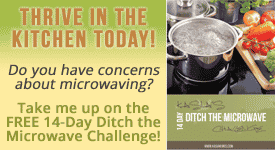
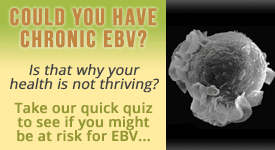
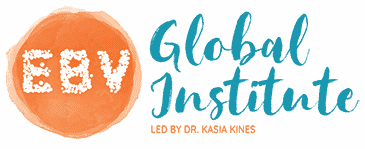
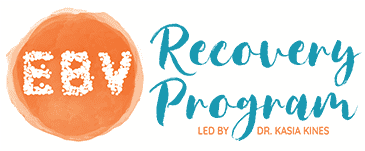
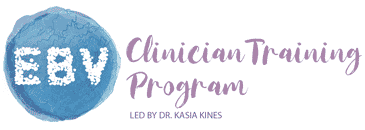





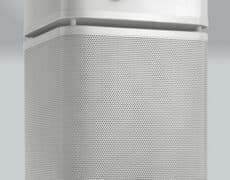
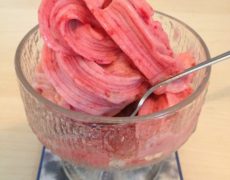

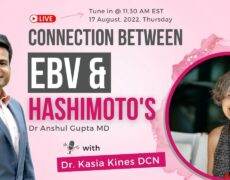
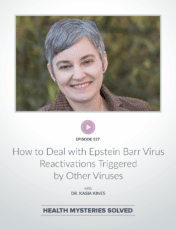
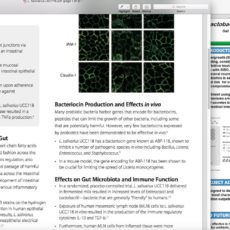
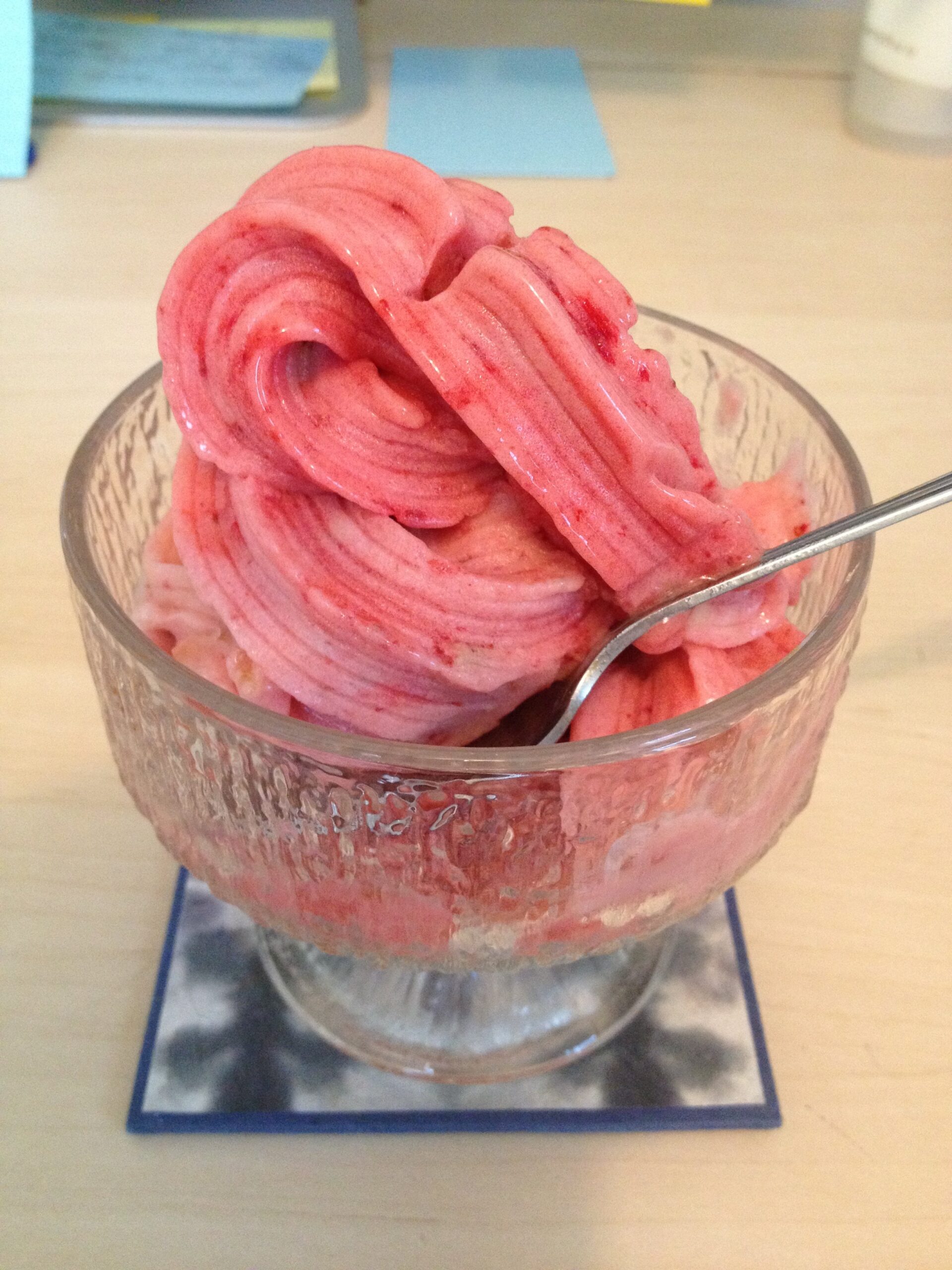

0 Comments
No comments yet